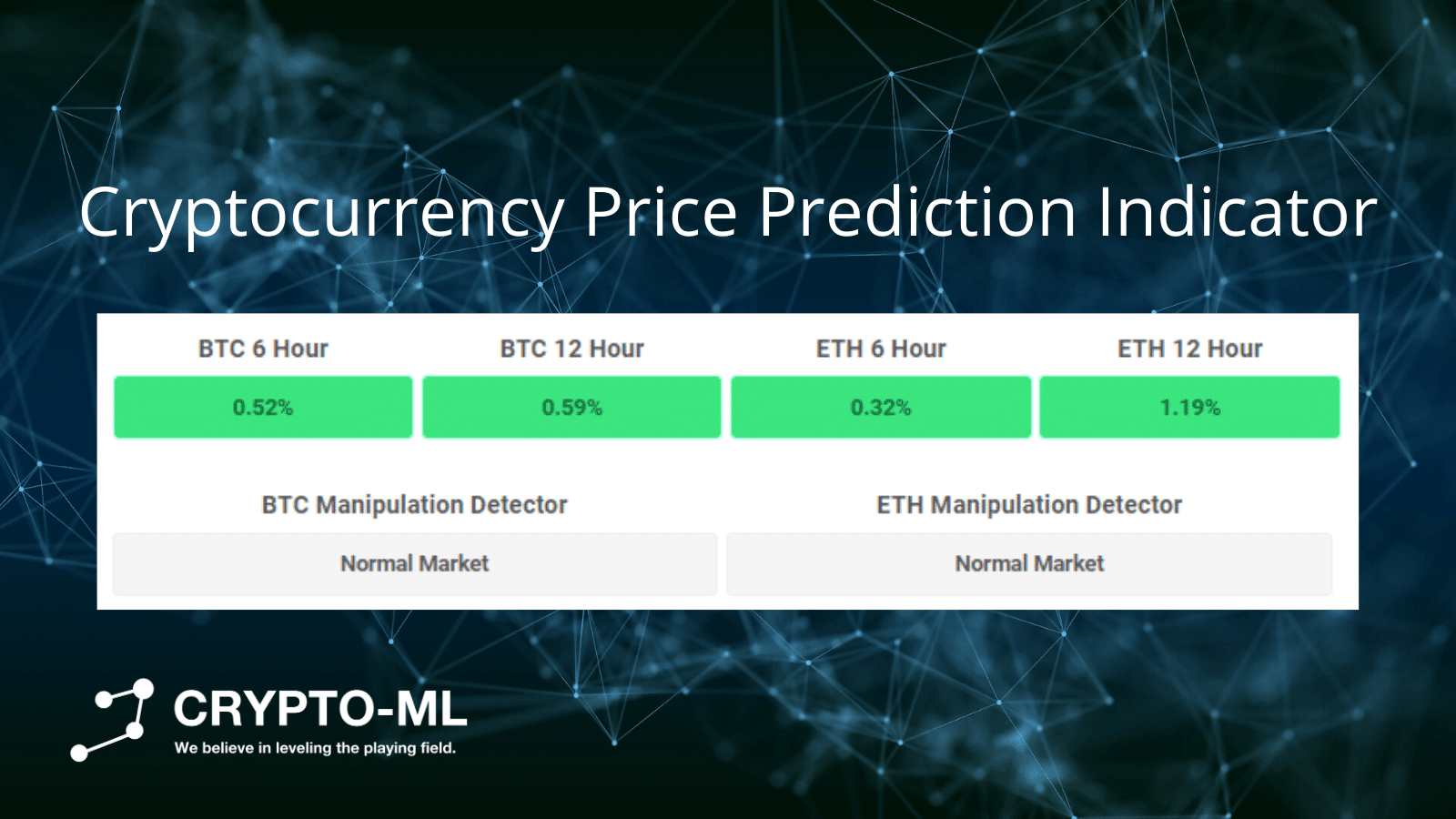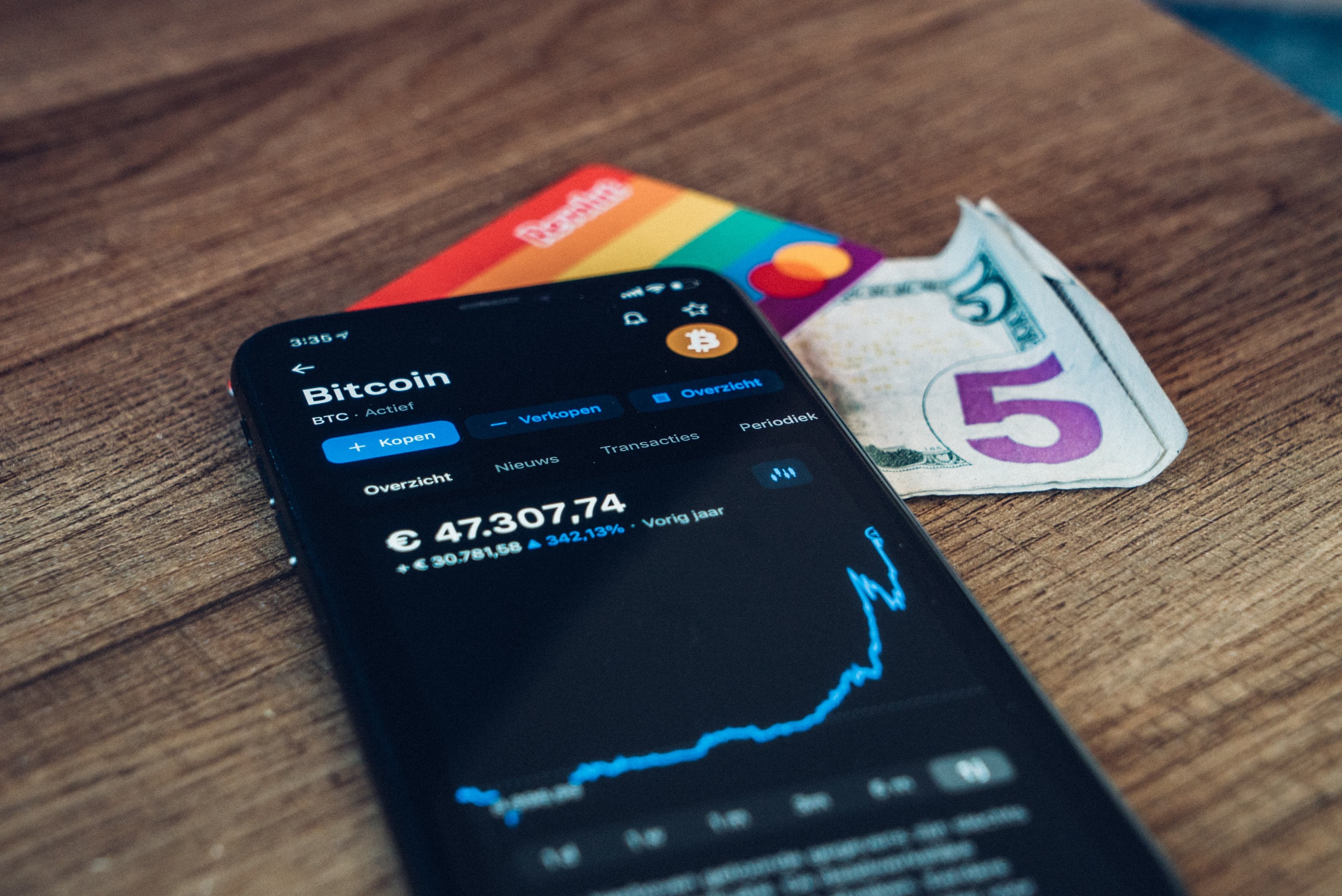Cryptocurrency market
Bitcoin has not been premined, meaning that no coins have been mined and/or distributed between the founders before it became available to the public. However, during the first few years of BTC’s existence, the competition between miners was relatively low, allowing the earliest network participants to accumulate significant amounts of coins via regular mining: Satoshi Nakamoto alone is believed to own over a million Bitcoin nitro casino.
Disclaimer: This page may contain affiliate links. CoinMarketCap may be compensated if you visit any affiliate links and you take certain actions such as signing up and transacting with these affiliate platforms. Please refer to Affiliate Disclosure
Play-to-earn (P2E) games, also known as GameFi, has emerged as an extremely popular category in the crypto space. It combines non-fungible tokens (NFT), in-game crypto tokens, decentralized finance (DeFi) elements and sometimes even metaverse applications. Players have an opportunity to generate revenue by giving their time (and sometimes capital) and playing these games.
A hard fork is a radical change to the protocol that makes previously invalid blocks/transactions valid, and therefore requires all users to upgrade. For example, if users A and B are disagreeing on whether an incoming transaction is valid, a hard fork could make the transaction valid to users A and B, but not to user C.

Cryptocurrency in australia peerji
These digital assets, led by the first cryptocurrency bitcoin, have grown in popularity over the years, with many attracted to the prospect of decentralised, peer-to-peer financial products. But for first-time investors, the crypto world can seem like a chaotic jungle of unfamiliar terms and concepts, leaving people unsure where to begin. In Australia, too, many investors have lost money in crypto investment scams or even through ‘legitimate’ ventures, such as the collapse of FTX exchange in 2022. It’s little wonder so many of us are wary.
For example, if you want to buy BTC with AUD, you’ll need to find a cryptocurrency broker that allows you to buy coins via bank transfer or credit card. Alternatively, if you want to exchange your BTC or ETH holdings for another cryptocurrency, you’ll want a platform that offers direct crypto-to-crypto trades.
The ATO has been increasing its focus on cryptocurrency tax compliance. Australian consumers using multi-signature wallets should ensure they’re accurately reporting their crypto activities to avoid potential audits and penalties.
Multi-signature (multisig) wallets are a type of cryptocurrency wallet that requires multiple private keys to authorise a transaction. This added layer of security has made them increasingly popular among crypto enthusiasts and businesses alike.
Dogecoin was famously started as a joke in 2013 but rapidly evolved into a prominent cryptocurrency thanks to a dedicated community and creative memes. Unlike many other cryptos, there is no limit on the number of Dogecoins that can be created, which leaves the currency susceptible to devaluation as supply increases.
Cryptocurrency wallet
Hardware wallets are the most popular type of wallet because you can store your private keys and remove them from your device. These devices might resemble a USB drive, and modern hardware wallets have several features.
Hot wallets make it easy to execute crypto transactions. But since hot wallets are hosted online, they are more vulnerable to hackers. That’s why some users look to place their crypto in cold storage as a long-term solution.
Crypto.com Onchain is non-custodial, which means that users retain full control of their private keys and assets. Available on Android and iOS, Onchain allows users to manage 700-plus tokens across 30-plus blockchains and send crypto to anyone at their preferred confirmation speed and network fee. Additionally, users can buy crypto directly through their credit or debit card with Crypto.com Pay.
The Exodus crypto wallet supports more than 100,000 cryptocurrencies. For those new to crypto, Exodus offers a plethora of educational materials and explanatory videos to enhance your knowledge of specific cryptos.

Hardware wallets are the most popular type of wallet because you can store your private keys and remove them from your device. These devices might resemble a USB drive, and modern hardware wallets have several features.
Hot wallets make it easy to execute crypto transactions. But since hot wallets are hosted online, they are more vulnerable to hackers. That’s why some users look to place their crypto in cold storage as a long-term solution.
What is cryptocurrency
To securely store cryptocurrency, you can choose between hot wallets and cold wallets. Hot wallets are internet-connected and convenient for frequent transactions, making them suitable for daily use but more vulnerable to hacking. Examples include mobile or web-based wallets like those provided by exchanges such as Coinbase or MetaMask. Cold wallets, like hardware wallets (e.g., Ledger, Trezor), store cryptocurrency offline, offering greater security and protection from cyber threats, making them ideal for long-term storage.
An exchange allows you to trade without a third party. Should you decide to use an exchange, you’ll need to find buyers for your cryptocurrency. A broker can do that for you. Here are the steps to start trading cryptocurrencies.
Some cryptocurrencies use a proof of stake verification method to reduce the amount of power necessary to check transactions. With proof of stake, the number of transactions each person can verify is limited by the amount of cryptocurrency they’re willing to “stake,” or temporarily lock up in a communal safe for the chance to participate in the process.
Crypto purchases with credit cards are considered risky, and some exchanges don’t support them. Some credit card companies don’t allow crypto transactions either. This is because cryptocurrencies are highly volatile, and it is not advisable to risk going into debt — or potentially paying high credit card transaction fees — for certain assets.
Although cryptocurrency is defined as a form of “digital currency”—implying it’s a kind of money—most businesses and consumers have not adopted it as a common medium of exchange. In other words, most stores will not accept crypto as a form of payment.

